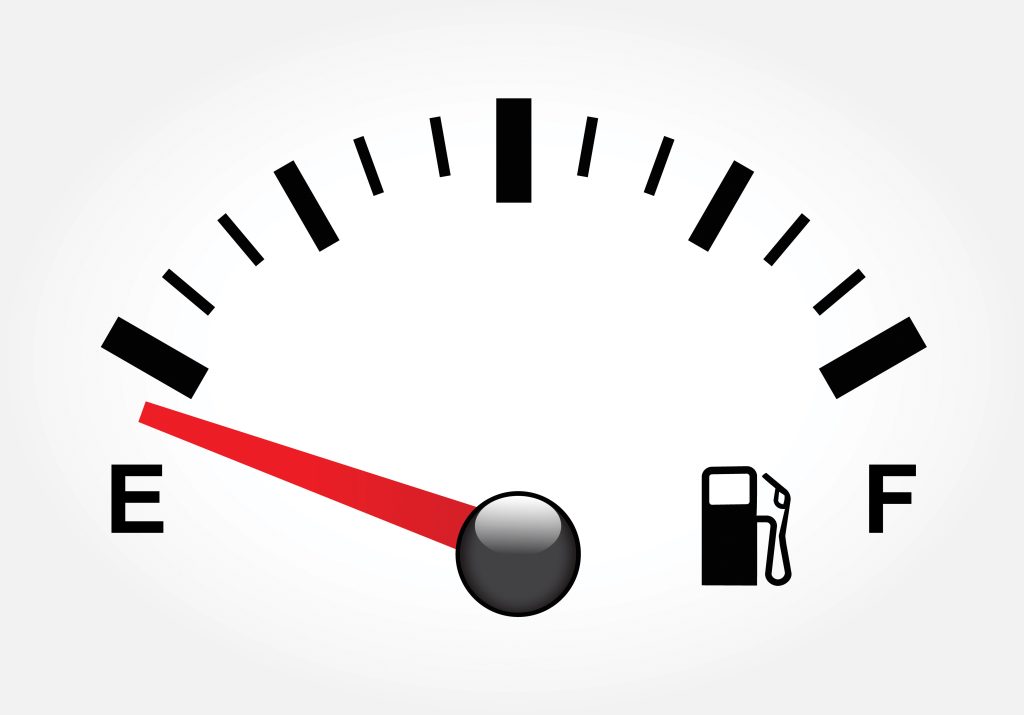A car parts expert has shared ten proven methods drivers can use to cut fuel costs and boost their vehicle’s efficiency without breaking the bank.
Kazimieras Urbonas, Supplier Excellence Manager at Ovoko, revealed his top tips for motorists looking to save at the pumps amid sky-high prices and growing environmental concerns.
“Most drivers have no idea that tiny changes to their habits can make a massive difference to fuel economy,” Urbonas said. “These simple methods could cut fuel use by 5-10% long-term, putting over £96 back in your pocket every year.
“Government figures show UK cars pump out roughly 156.6 grams of CO2 per kilometre, with total emissions from cars and vans hitting 74.7 million tonnes in 2014 according to the VCA. By 2024, that figure jumped to 110 million tonnes overall, with about 30% coming from cars and vans. Interestingly, reports show that while car emissions dipped slightly, van emissions actually rose during this period.”
Check your vehicle’s tyre pressure monthly
Tyres just 15 psi below proper pressure waste around 6% more fuel. A quick monthly check takes minutes – press your thumb against the sidewall, and if it gives too easily, add air. Find the correct pressure in your handbook or on the sticker inside your door frame.
Book in for regular services
A well-maintained engine uses up to 30% less fuel than a neglected one. Something as basic as swapping out a dirty air filter improves fuel use by up to 10%, showing how basic garage visits actually save you money at the pumps.
Empty your boot
Every extra 45kg carried cuts fuel efficiency by about 1-2%, Urbonas explained. Many of us treat cars like storage units, permanently lugging around golf clubs, tools or random junk we rarely use – basically paying extra to transport unnecessary items.
Take off roof racks
Empty roof boxes and racks make cars use up to 10% more fuel through wind resistance. Taking them off when not needed saves money immediately without any mechanical know-how required.
Drive like you’ve got eggs under the pedals to ensure smooth acceleration
Smooth acceleration, steady speeds and watching traffic ahead make a huge difference to fuel bills. “Aggressive driving with harsh acceleration and braking burns between 15-30% more fuel on motorways and up to 40% more in stop-start city traffic,” Urbonas pointed out.
Use the right gear to keep revs low
Keeping revs low by using the highest suitable gear cuts fuel use significantly. Petrol cars work best when changing up around 2,500 RPM, while diesel engines should shift near 2,000 RPM. Most new cars now show exactly when to change gear for best efficiency.
Make sure to switch off your vehicle when stationary
A car sitting idle with the engine running gets precisely zero miles per gallon. If you’ll be stopped more than 10 seconds, turn it off. Modern cars often do this automatically with start-stop systems, cutting fuel use by 5-10% in town driving.
Combine your errands into one trip
Doing several jobs in one trip saves a significant amount of fuel because cold engines use way more fuel than warm engines. “Planning routes to avoid traffic jams and using sat-navs to find the shortest path cut fuel bills noticeably,” said Urbonas.
Be smart with cooling
Air conditioning increases fuel use by roughly 10%. When driving at lower speeds, open windows use less fuel than air conditioning, but at higher speeds the drag from open windows actually wastes more fuel than having the air conditioning on.
Use the engine oil recommended by your vehicle’s manufacturer
Putting in exactly the grade of oil your manufacturer recommends improves fuel economy by 1-2%. Modern synthetic oils also help engines run more efficiently by reducing internal friction between moving parts.


